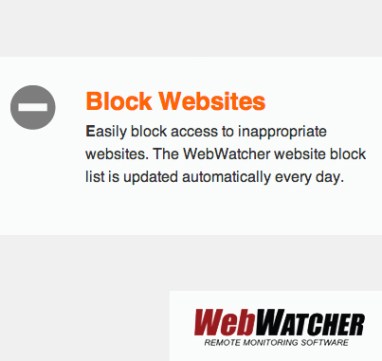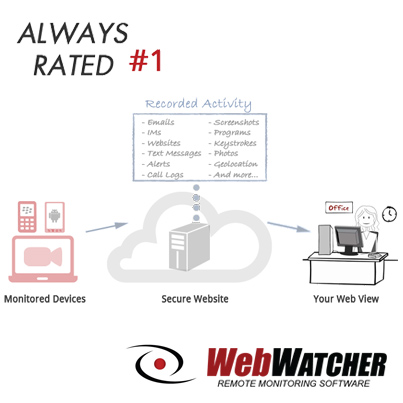There are a lot of good reasons to encourage empathy in your teen. The ability to empathize helps people make and maintain relationships, enhances problem-solving ability, and improves the ability to work in a team—all of which are essential parts of a healthy personal and professional life. However, it can seem difficult to breed empathy in teens. This is especially true in an age where online communication has replaced face-to-face communication in many situations, which can make it harder for your teen to empathize with the people they’re interacting with. Here are some tips that can help you raise more empathetic teenagers.
Model Empathy by Being Empathetic to Your Teen

Teenagers can seem self-centered, but they’re also experiencing a time in their lives when emotions run especially high. Something that seems like a minor setback to you can feel like the end of the world to your teen, and something that looks like a minor success can feel like a huge victory. You can demonstrate empathy by putting yourself in your teen’s shoes and empathizing with their feelings.
That doesn’t mean that you necessarily need to fix all of your teen’s problems for them, but you can take them seriously. Ask them to tell you about their challenges and achievements. Acknowledge their feelings and remind them that you support them. Don’t laugh at situations that are clearly not funny to your teen.
Don’t Gloss Over Current Events
It’s easy to think of politics and world events as “adult things” that teens don’t necessarily notice or take an interest in. But your teens are preparing themselves for adulthood, and they can’t help but take notice of things that make headlines and dominate news cycles. As a parent, you can help guide your teen as they’re learning about the world around them.
Talk to your teen about current events. Discuss the things that politicians, pundits, and celebrities opine on. Encourage your children to investigate each issue with an open mind. Help them learn to discern bias in the media and distinguish between factual reports and opinion pieces.
Keep an Eye on the Media Your Child Consumes
Even media that’s designed for and mostly consumed by teens, from video games to internet forums, can hold teachable moments. Make sure that you’re familiar with the media that your child is consuming. Look for stereotypes and biases in your child’s games, television shows, and movies, and take the opportunity to disrupt them.
Talk to your child about how they can practice empathy when consuming interactive media. Your teen will likely witness cyberbullying online or harassment in multiplayer video games, even if they aren’t actively being bullied or harassed themselves. Talk about how they should respond when they witness these things. Should they stand up to the bullies? Report harassment on behalf of the victim? Roleplaying these scenarios with a parent can help your teen know what to do if they’re faced with the real thing.
Keeping tabs on your child’s online activity can help you identify teachable moments and areas where your teen needs help developing empathy. To find out how parental monitoring software can help, get our free trial.






